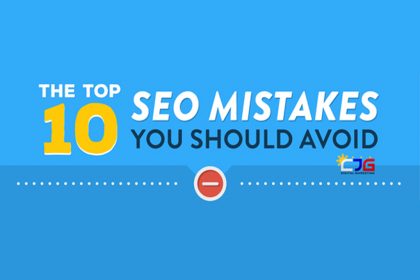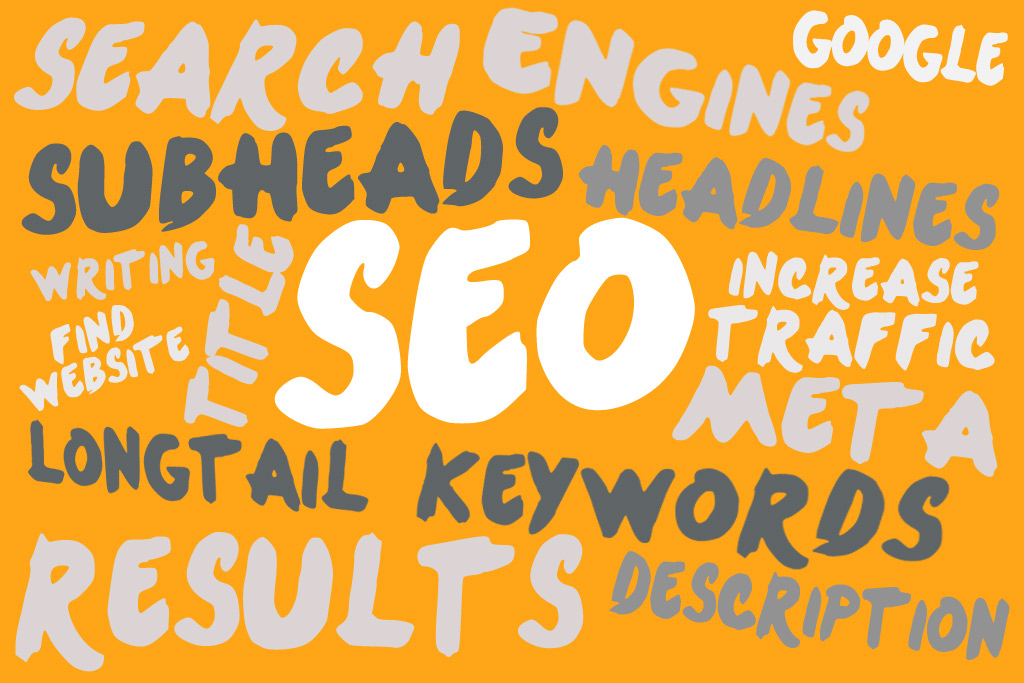What is SEO? And how does it help you to grow your business?
Wondering whether to start using SEO? Find out what SEO is, and the benefits it can offer your business when you get it right.
The internet has changed almost every aspect of our personal and professional lives. It has transformed how we share and search for information. How often have you found yourself looking for something online? It is safe to say that the answer is “all the time”.
As we become dependent on the data provided to us through the internet, we need to know how it reaches from its creators or operators to us.
There are many ways anyone can promote content on the internet. Social media has played an increasingly large role over the past few years, as has email marketing and paid advertisements, and so on. But the most important strategy of all has to be SEO.
In this post, we are going to explore what SEO is, and how SEO can help you to grow your business.
What is SEO?
SEO stands for Search Engine Optimization. It is a widely-used term around the world. In a nutshell, SEO is about tailoring and crafting websites and web pages to appear high up on search engine results pages (SERPs) by following their guidelines.
When a user searches for a query – for example “best burgers in New York” – they will be shown a selection of search results. Not all of the search results will be as helpful or relevant, and SEO is about ensuring the best results appear at the top of their results.
As a marketing strategy, SEO is employed by almost all companies in the world, both large corporations and local shops. Keep in mind that SEO does not deal with paid advertisements. It relies solely on organic traffic; traffic that is directed by the search engine itself.
SEO can also be tailored by industry. For example, a physician in the healthcare sector is likely to focus on using specialized medical SEO, while a restaurant in the hospitality sector will likely employ SEO in a different way.
To help you understand SEO strategy more clearly, it is divided into three distinct parts:
- On-page SEO
- Off-page SEO
- Technical SEO
Let’s look at each one in turn.
On-page SEO
On-page SEO content that on your website – content that you can control it. This includes:
- Keywords
- Headings
- Content
- Page design
Mostly, these are the things that you need to do when you set up a web page or when you are uploading or publishing new content.
Off-page SEO
Off-page SEO covers contributing factors to the rankings of your web pages or websites that you cannot control, but can influence with the right strategy. This includes backlinks, citations, social media links… virtually anything that points back to your website.
Professionals build their off-page SEO through guest posting, profiling businesses in local US business directories such as Yelp and CityLocal Pro, and getting links back to their clients’ websites. The result is an intricate web of links on the internet, made of quality content keeping in mind user intent and search engines guidelines.
Technical SEO
Technical SEO deals with the back-end of your website and servers. It optimizes the whole chain to ensure that your content is easily recognized by search engines. The most important factors in technical SEO are:
- Sitemaps
- Page speed
- TXT Files
These are the core SEO components that you must know and actively work on if you want to rank higher in search engines.
Now that we have understood them, it is time to take a look at the types of SEO services that are used by businesses, before we see how SEO helps businesses grow.
Types of SEO practices
There are many different types of SEO that we can discuss in this post, but let’s focus on the two most basic and often used types of SEO:
- Local SEO
- Enterprise SEO
Local SEO
The main goal of local SEO is to reach prospects who are in the area where a business is operating. That is why it focuses on keywords related to the area the business covers. Prime examples are names of the city or town, or more subtle “near me” keywords embedded in the content.
Enterprise SEO
This type of SEO, as its name suggests, is for businesses or websites who do not have physical goods or services to sell. These practices go after competitive keywords that are frequently searched.
How does SEO help you grow your business?
Done properly, SEO is a long term commitment, with either an investment in an agency to help you, or a steep and time consuming learning curve if you want to DIY your SEO. (Find out how we can help shortcut that learning curve for you in our hour-long masterclass here.)
So why make the effort? What benefits can SEO bring your business? Let’s look at some of the key ways SEO helps you grow your business.
Gain more visibility
There is no point in creating excellent content if no one sees it, or it only reaches a tiny fraction of your potential audience. This is where SEO comes into the picture and offers great potential.
According to estimates, 81% of people search online for a product or service every day. As people turn more and more to search engines, you need to ensure that YOUR business is visible in search engine results – otherwise you risk them finding (and buying from) your competitors. And you can’t achieve that without SEO.
Reach the right audience
It takes research and some SEO knowledge to find out what your prospective clients are looking for. For instance, you are a bicycle manufacturer who needs to get their product out, you are going to get more traction in sales if you optimize your content according to the search intents of your audience. And if they are looking for a “mountain bike” or “bike”, wouldn’t it be prudent to aim for that instead of a “bicycle”?
Professionals have the tools and expertise to research your search terms for you. You can also learn how to research your own keywords using online tools.
Generate leads
SEO does not create demand. Rather, it connects your website and content with the users who are already looking for what you are selling. Keyword and competitor research will enable you to identify what potential customers are looking for, and the strategies other companies are using to reach them.
But while SEO may not create demand in itself, it does enable you to generate leads by getting your website in front of customers using the right search terms. SEO has a higher ROI than internet display, banner ads, catalogues and mobile advertising. In fact, only email marketing beats SEO on ROI:

Increase your brand awareness
Everyone is selling something on the internet, and many people have become tired of continual, in-your-face sales pitches. So instead of going all out on a hard sales pitch, you can use SEO to increase your brand awareness.
This can be done by offering genuine value. Share useful information. For example, if you are a paint company, you could share knowledge on how to apply, choose or clean paint.
So when people are looking for authentic information and they see your brand sharing useful information it will mark you out as an authority or even industry leader. It will also help to increase customer loyalty, trust, and credibility for your brand.
The long-term benefits of SEO
SEO can sometimes offer short-term results, but it is more about the long-term benefits. With little maintenance, a page can show up often on top search results and keep on doing so, generating leads and new business for you month after month, with no extra effort.
This is much more desirable than PPC campaigns where your pages stop appearing when your marketing budget runs out.
There are so many reasons why it’s important to invest in SEO. And invest you will need to – you will have to spend either money in employing an agency, or time in doing it yourself. But if you get SEO right, it’s more than worth the investment, and should repay you over and over, with increased brand awareness and sales.
So if you haven’t added SEO to your business to-do list, we recommend doing so as a priority. Because every week that goes past when you are not ranking for the right search terms, is a week you lose market share and sales to a more savvy competitor. And the sooner you start, the sooner you can change this and ensure it’s YOU who hits the top spot on the SERPs.










